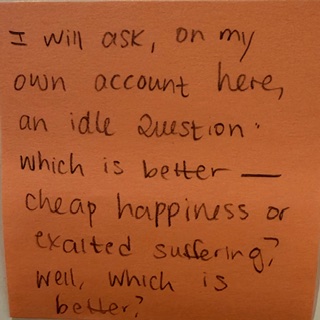
I don’t really think either of those is a necessary choice. I prefer the calm of being with things as they are and understanding that happiness and suffering will both come and go.
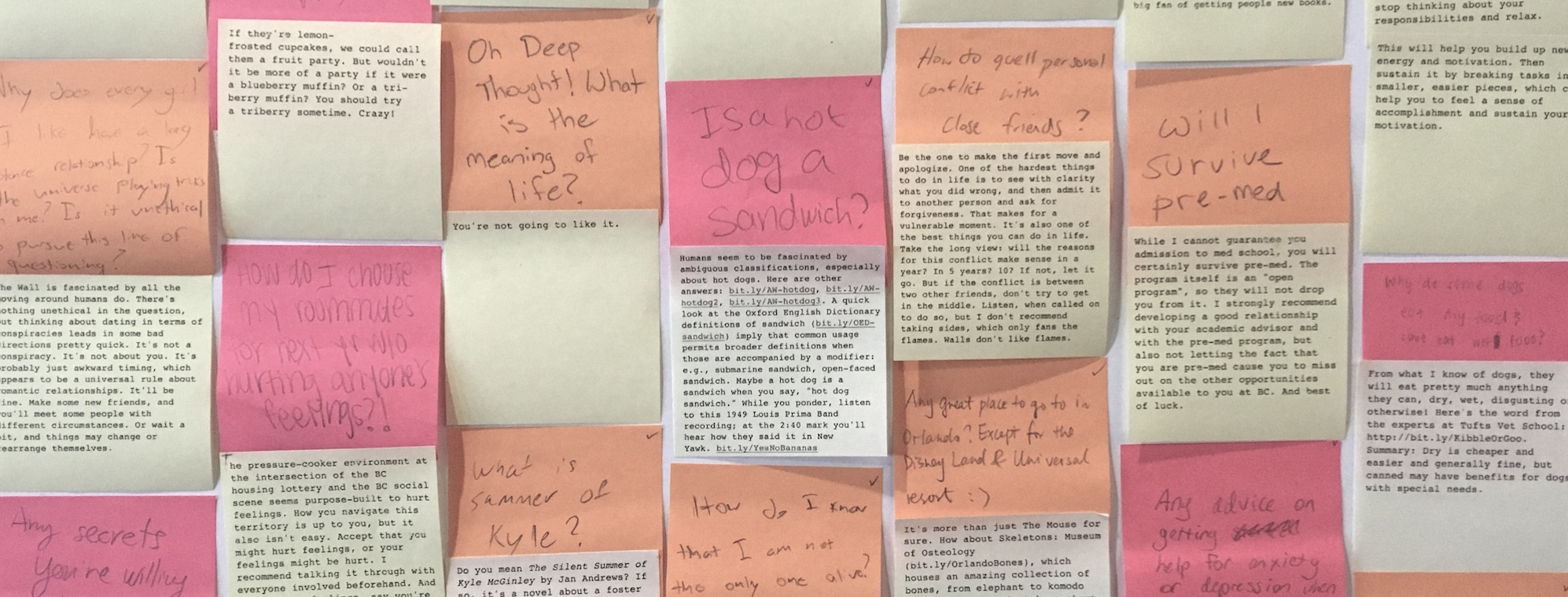
Answering questions at Boston College O’Neill Library

I don’t really think either of those is a necessary choice. I prefer the calm of being with things as they are and understanding that happiness and suffering will both come and go.
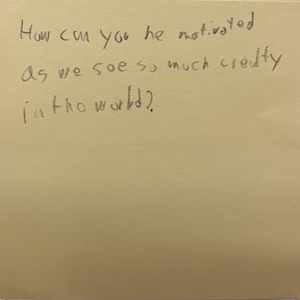
It might be helpful to remember that, as bleak as the world seems right now, there are moments of beauty and joy that exist around you each day that make life worth living. Also, remember that, as cruel as others might act, you have the capacity to show compassion, generosity, and kindness to those around you.

I’m so sorry to hear about this. If the professor is being sexist to you personally, I recommend reporting them to BC Human Resources through this form: bit.ly/bias-reporting. If the professor has not been sexist to you, but you’ve witnessed them use sexist language and behavior in a class or setting where students are present, I suggest reporting them to the Dean of their School or to the University Harassment Counselor (Harassmentcounselor@bc.edu).
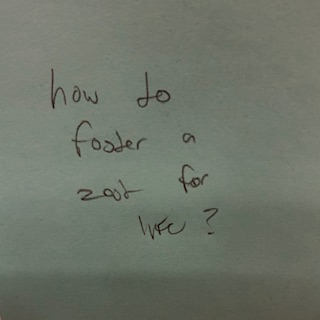
Often it’s the little things. I hear that the trees are thinking of blooming soon. I hear a lot of laughter among friends. I am next to a lot of books that people get excited about reading. I get to hear your questions and answer them. Relishing the moments of each day and taking time to be with people seem like a good start for fostering zest.
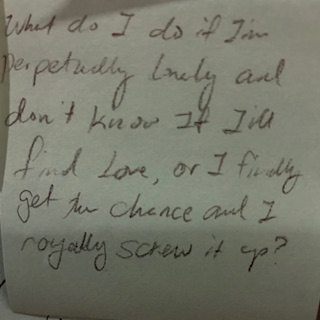
Perpetually lonely is not good. I highly recommend BC Counseling Services (https://bit.ly/BCUCSOptions) to get some support. But, I can say, don’t lose hope. Loneliness is not a permanent state, you will overcome this.

Now that you’re here, your GPA is only important on two occasions: 1) getting into grad school, 2) your first job, when you don’t have a lot of experience to show. No one will ever care about it again. It’s a better long-term idea to focus on learning how to learn, learning how to relate to other people, and learning how to be your best self.
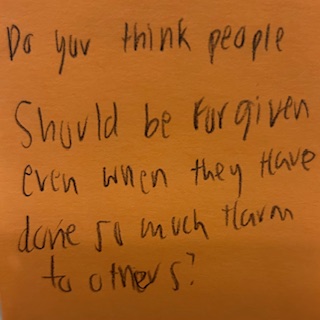
If you’re talking about religious forgiveness, I suggest talking with a pastoral counselor (bit.ly/bc-pastoral-counseling). It might also be worth exploring restorative or transformative justice, and the kind of truth and reconciliation processes that helped make peace in S. Africa and Rwanda. One helper recommended On Repentance and Repair by Danya Ruttenberg (O’Neill Library Call # BL476.7 .R88 2022) for the point of view of the one who did harm and how to make amends. Another recommended Free of Charge: Giving and Forgiving in a Culture Stripped of Grace, by Miroslav Volf.
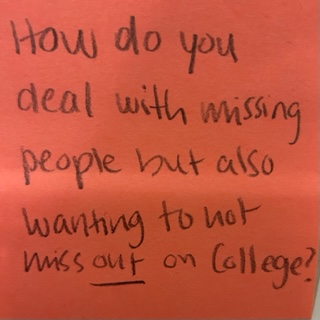
It’s a balancing act, and it’s hard to get right because it’s different for everyone and probably every friendship. Keep in touch with your old friends, but they’ll still be there in a few months if you put most of your effort into making new ones.
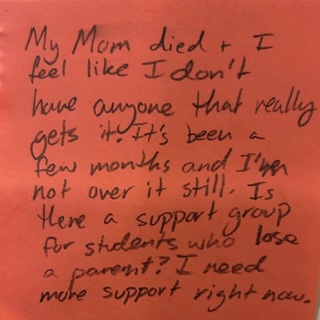
I’m so sorry for your loss. It’s clear you feel isolated, and it’s good to reach out to others. Here’s a helpful page about the journey of grieving in college provided by Campus Ministry: bit.ly/college-grief, who also sponsors a peer grief support network: bit.ly/bc-peer-grief. Counseling is another option For counseling with a spiritual context: bit.ly/bc-pastoral-counseling. For regular counseling: bit.ly/BC-counseling. I wish you peace and strength in your journey.
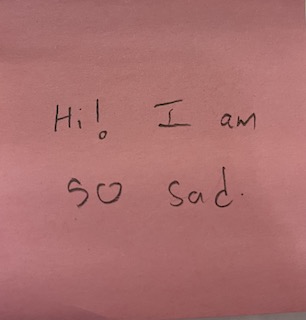
I’m so sorry you’re sad. Please accept this virtual hug! If I had arms I’d give you a real one. I hope you have some friends with arms and ears who can listen and hug. If you find the sadness persisting intrusively or you can’t find someone who can listen, consider a student wellness coach: bit.ly/BC-wellness-coach.
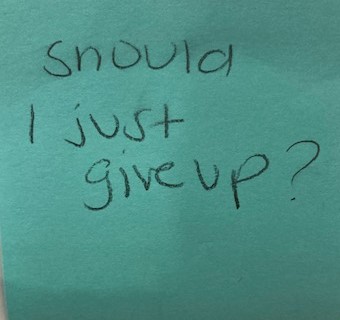
Depends on what you’re talking about. If you mean life, no, never. If you are having thoughts like that, please, please talk with someone right now (University Counseling bit.ly/BC-counseling.) If it is a class or a project or something else, it is worth talking to the other people involved or a trusted advisor, and weighing the pros and cons.
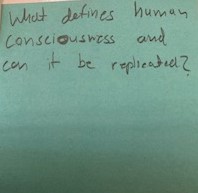
The first part is a discussion as old as philosophy; the second is a little more recent. Take a look at this discussion: https://bit.ly/bc-consciousness, and maybe try a search at library.bc.edu for “consciousness and artificial intelligence”
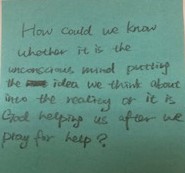
Also an old question. Notice the first result in this search for “faith and reason” is from the thirteenth century: https://bit.ly/bc-faith-and-reason